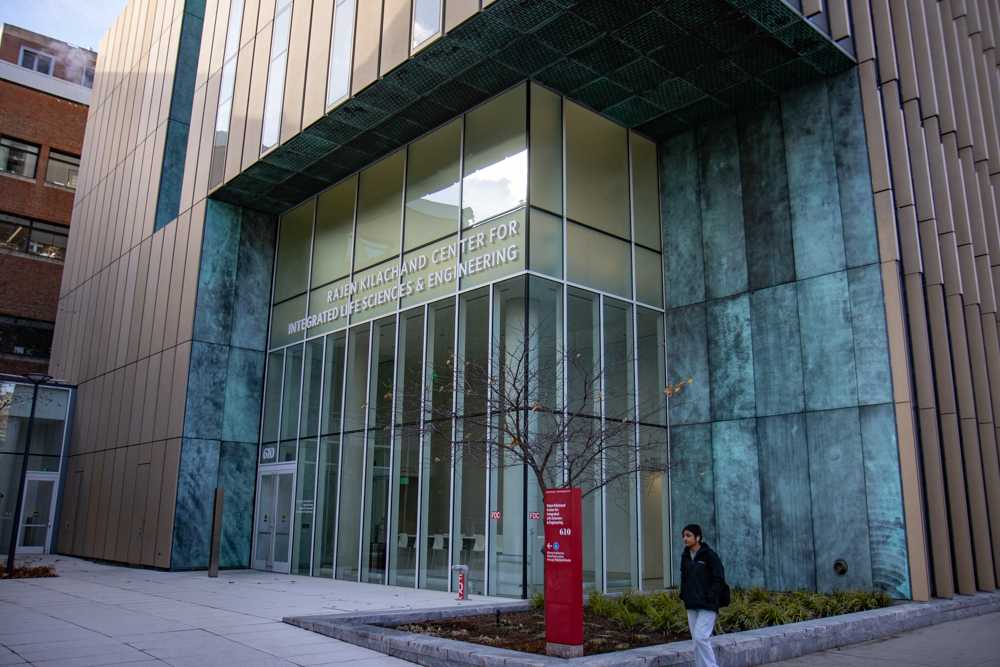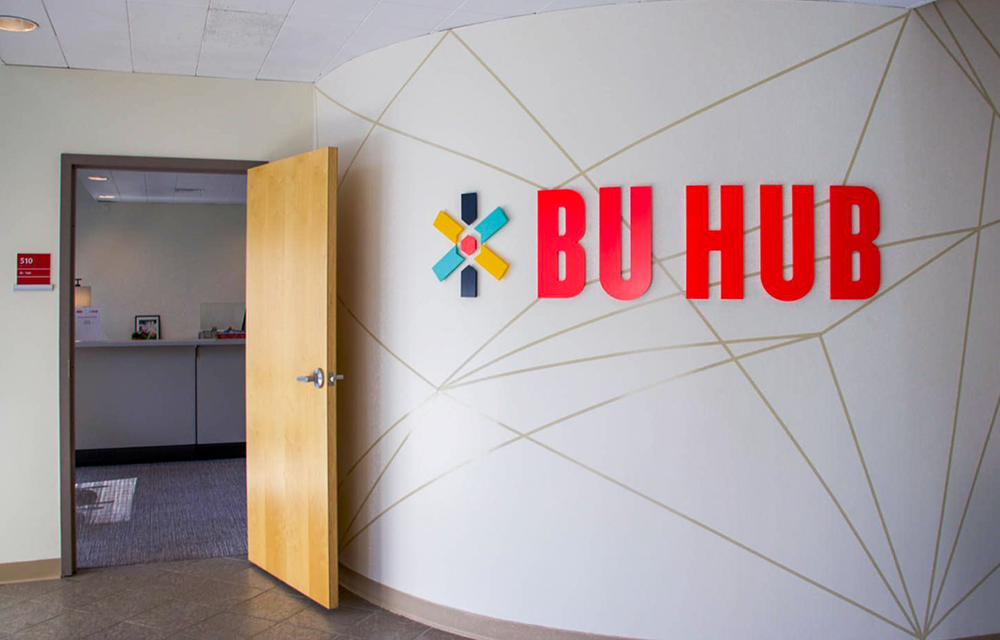Facebook status changes may be a thing of the past.
When Twitter users sign on, they are greeted with the message: What are you doing? And by signing on to any interface, they can update their friends, families and co-workers about where they are and what they’re up to.
Twitter is one of a few social networking services competing or collaborating with Facebook that allow users to send out their information to other users instantly and frequently. When choosing among the plethora of networks available, it comes down to how the tool is used. Many of these sites are a hit or miss with both professors and students.
‘A disadvantage is that you can spend your whole life doing this stuff, and it can become a horrible waste of time,’ Steve Quigley, a Boston University public relations professor, said. ‘You spend all your time learning stuff that is essentially useless.’
Despite potential misuses of these services, Quigley insists that making good use of technologies like Twitter, the information source ChaCha and a ‘social’ Web browser Flock can eventually prove to be more beneficial than detrimental.
‘Over time, you learn to use this tool to your advantage,’ Quigley said.
However, issues stemming from Facebook can also apply to these fast-update applications, leading not just to social distancing but to an infringement on people’s privacy.
People seem to want to be able to control the information they reveal about themselves, Edward Tenner, the author of Our Own Devices and Why Dogs Bite Back, said. Tenner, who said that he has been following some Twitters at random, noticed that many people are revealing some things about themselves, while obscuring other information.
This public face molded by means of technology can lead to a type of social distancing, according to Tenner. Due to social networking technologies, there seems to be a ‘growing silence’ and ‘almost inwardness’ in enterprises, Tender said.
‘I’ve been in the New York Times newsroom, and it was really almost deathly still ‘-‘- you had these work areas and people looking into monitors,’ Tenner said. ‘But if you’ve seen films from the 1930s, 1940s, 1950s and they’re looking at a newsroom, there’s the clacking of typewriters and bells and people running around picking up papers.’
There are dangers associated with social networking sites. On top of an increased risk for computer viruses, social networks are often used by the government to track potential threats, Christos Cassandras, the head of division of systems engineering at BU, said.
The problem with this is that unsuspecting network users could make a new friend through the network without realizing the potential danger.
‘Social networks are really just graphs, and every dot on this graph represents a person or an organization, and every line that connects the two is a function,’ Cassandras, who is also a BU professor of electrical and computer engineering, said. ‘You and I were not connected until five minutes ago, but let’s say I’m a suspected terrorist ‘-‘- now you’re on my social network.’
Despite the risks, people who use applications like Twitter to update their status at all times are not ‘weird’ people ‘-‘- they are everyday people, Cassandras said.
‘I would say a lot of people feel lonely and want to have a sense of belonging,’ Cassandras said. ‘People feel more comfortable knowing they have someone associating with them’ ‘-‘- however ill-defined that association might be.’
People like social networking because it helps them keep in touch with friends and family even when they may not be in the same area, Catherine Barie, the associate director of marketing and sales at Mobicue, said. Mobicue is a social network similar to Twitter, but it specializes primarily in alerts made from mobile phones.
‘People don’t want to write letters to all their friends,’ Barie said. ‘The reason that companies like Facebook took off is because it relied on the fact that people want to keep in contact with other locations. But there’s a time delay with Facebook, and the difference with our service is that it’s right away.’
Matt Jacob, a recent graduate of the University of Arizona who is now a computer developer, said that he uses Ping.fm, another application like Twitter, five-to-10 times a day. He said he would update his status more, but his friends complain about him cluttering up their Facebook news feeds.
‘Since I belong to so many different social networking sites, it would be a pain in the butt to update each one manually,’ Jacon said. ‘Ping.fm provides a few different interfaces for updating [email, Facebook, instant messaging], and that’s really cool and convenient for me.’
Tenner pointed out that ultimately the users are responsible for how they’re portrayed to the world.
‘Part of my point is that technology doesn’t determine anything. It imposes certain choices,’ Tenner said. ‘You can have a really candid page that shows you as you want to be to your peers or a page that portrays all your tastes, your passions for things ‘-‘- things you wouldn’t necessarily want to have a member of the clergy see.
‘ ‘People, I think, have been going for the more intimate privately accessible one, but that’s a choice that people make. It doesn’t have to be that way.’
Staff reporter Eileen Reslen contributed reporting to this article.






















































































































